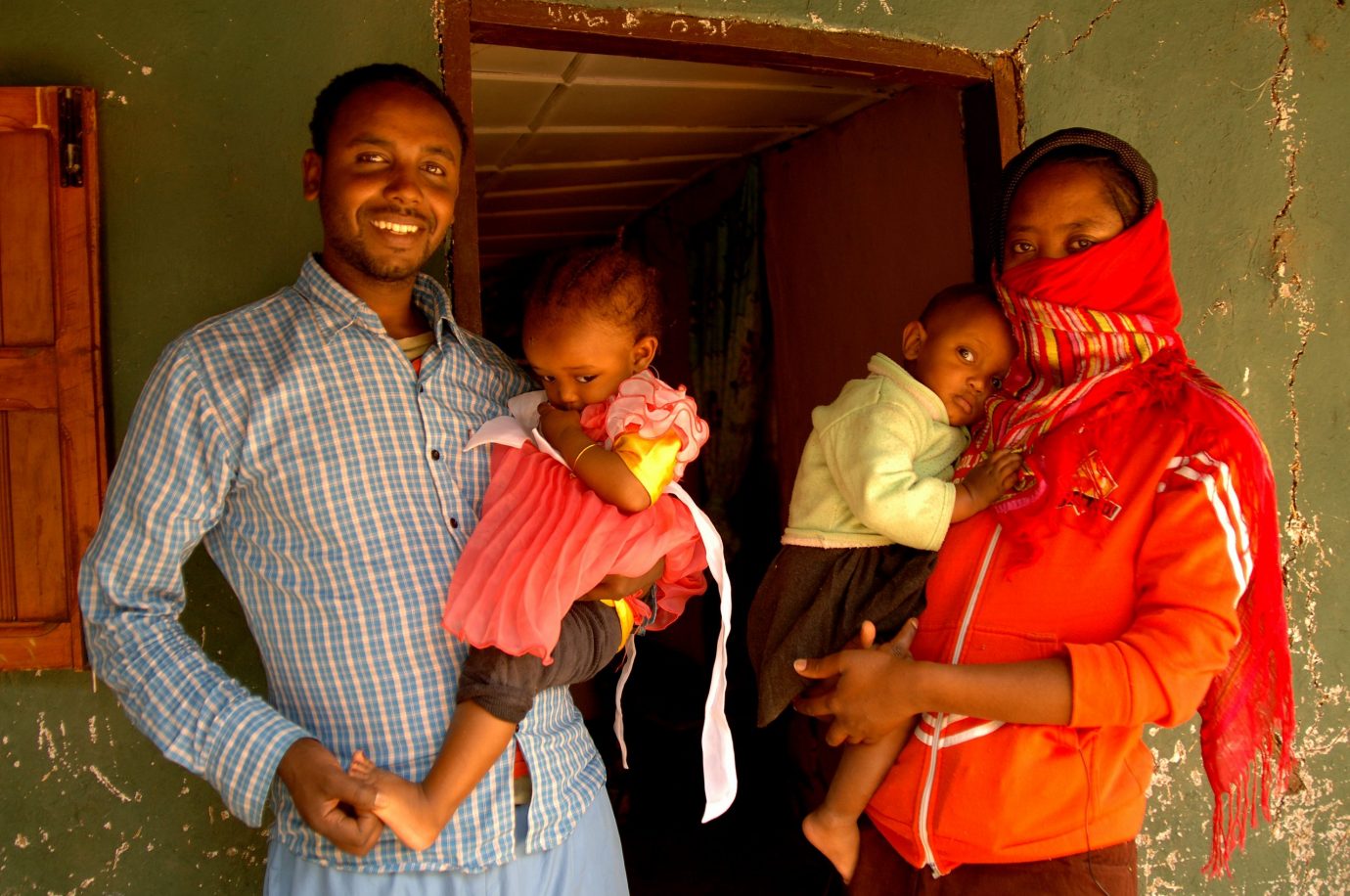PAVIA (PhArmaco Vigilance Africa) is an EDCTP-funded project led by Amsterdam Institute for Global Health and Development (AIGHD) with KNCV being one of the key partners. The primary focus of the project is developing local systems and improving safety of new drugs for treatment of multidrug resistant tuberculosis (MDR-TB). As a project implemented by a consortium of nine African and four European organizations, the project seeks to ensure local leadership in strengthening pharmacovigilance (PV) systems in Africa. The experience gained through this project will be used to strengthen the PV of drugs used for other diseases of public health importance.
KNCV leads the Monitoring and Evaluation component (Work Package 4) of the project. The objectives of Work Package 4 are three-fold:
- Analyze PV structures and processes at baseline to develop a country-specific roadmap
- Evaluate impact of the project on PV outputs, i.e. adverse event data generated and its impact on policy and practice
- Develop a blueprint to guide scale-up of PV in other African countries
Key results in the KNCV work package area of 2019 are:
- Baseline assessment was completed in all the four countries. Based on the baseline assessment reports, roadmaps which describe the national PV were finalized in all four countries, and final approvals are pending in Eswatini and Ethiopia.
- PAVIA symposium was organized at the 50th Union World Conference in India under the title: “Sustainable models for strengthening pharmacovigilance of TB medicines and diagnostics: global and regional perspectives and country examples”
- A paper describing lessons learnt on pharmacovigilance (mainly including those from CTB) was published: Tiemersma et al., Eur Respir Rev 2019; 28: 180115. Integration of drug safety monitoring in tuberculosis programs: country experiences.
Countries: Tanzania, Nigeria, Ethiopia and Eswatini (formerly Swaziland)

